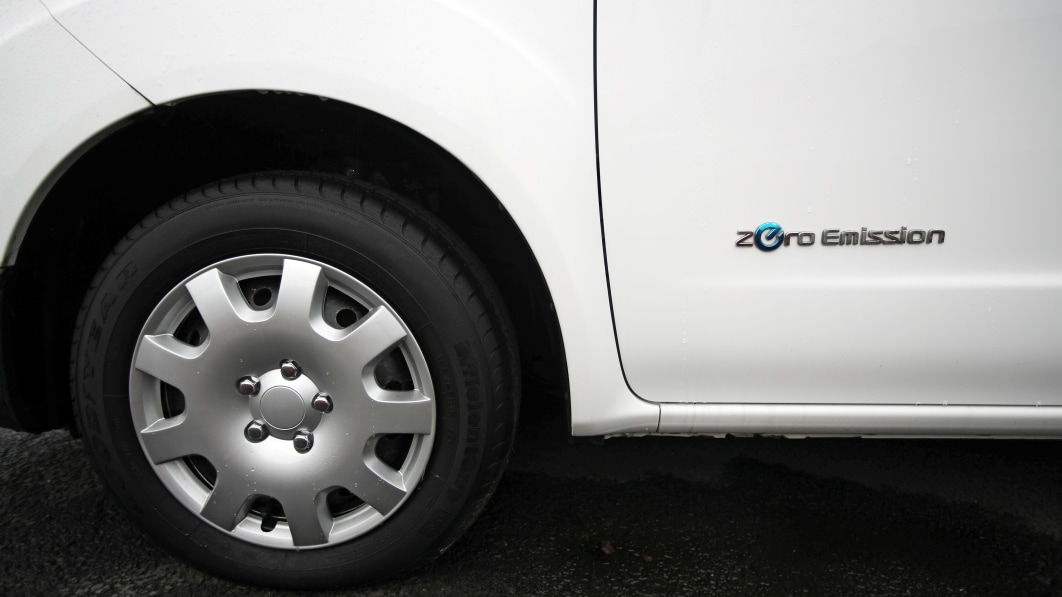
The average electric van in the European Union is 25% cheaper over its lifetime than the diesel equivalent despite much higher upfront costs for zero-emission models, European campaign group Transport and Environment (T&E) said on Wednesday.
According to a survey of 745 van-owning business in the EU conducted for T&E by Dataforce, 84% of respondents would consider going electric – 36% already own one commercial electric van, 32% plan to buy one in 2022 and 16% will consider buying one in the next five years.
T&E said lower running costs and growing interest in electric bolsters the case for stronger CO2 emission reductions on diesel vans than the European Commission currently proposes.
In a study covering six countries, France, Germany, Italy, Poland, Spain and the United Kingdom which account for 76% of the EU-plus-UK van market, T&E found an electric van costs 0.15 euros ($0.17) per kilometer (0.6 mile) to run, versus 0.2 euros for a diesel van.
Excluding government subsidies, T&E found they still were cheaper in five countries while in Germany the running cost was the same.
The purchase price of an electric van is 40% to 55% higher than for a diesel model, T&E said.
That additional upfront cost has often served as a barrier to companies switching to zero-emission models, though the “total cost of ownership” of an electric van, including fuel costs, has been falling for years.
Only 3% of vans sold in the EU in 2021 were fully electric, compared to 9% for passenger cars, which face stricter CO2 emission standards.
The European Commission has proposed all new vans be zero emission by 2035. But T&E said its research shows the European Parliament and EU member states need to “deliver stronger CO2 emission targets to accelerate the uptake of e-vans in the 2020s and early 2030s”.
